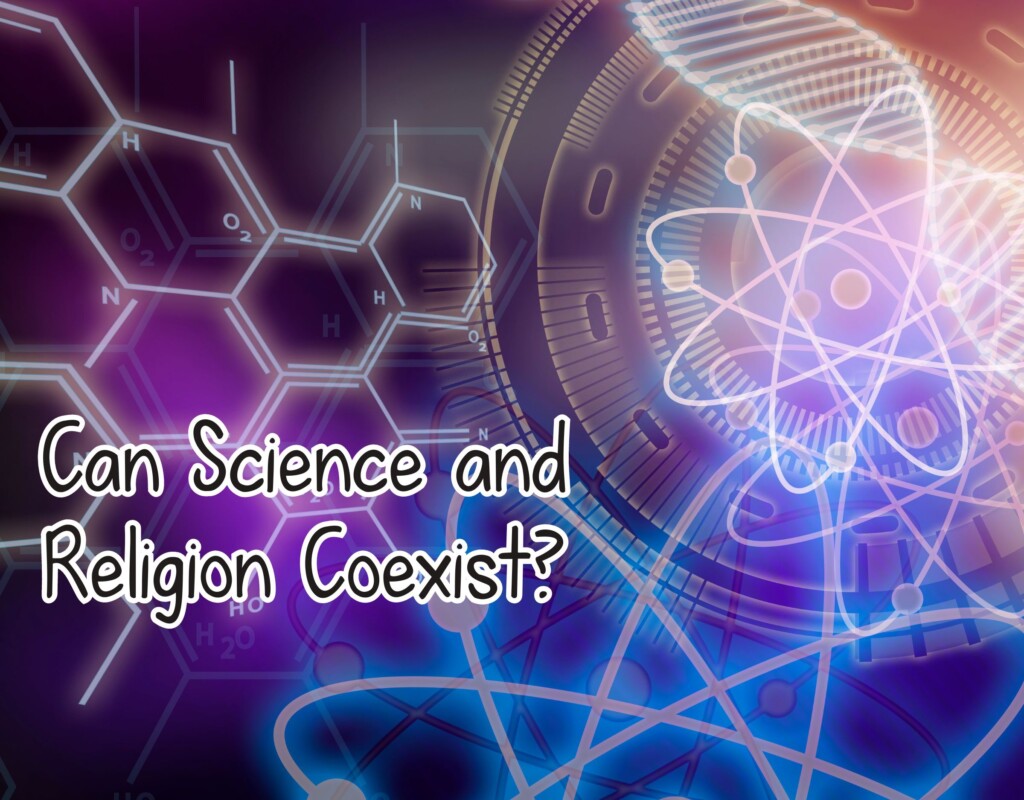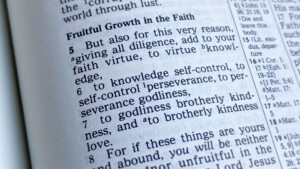In today’s world, the perceived conflict between science and religion is often highlighted. Many people wonder if these two fields can coexist harmoniously or if they are mutually exclusive. The question is not new, but the answer might be more nuanced than you think.

The Genesis of the Universe
Science often starts with the Big Bang theory when discussing the origin of the universe. Religion, particularly Christianity, points to the Book of Genesis. According to the New King James Version (NKJV), “In the beginning God created the heavens and the earth” (Genesis 1:1). These two perspectives are often seen as conflicting, but could they be two sides of the same coin? Could the Big Bang be the method through which God created the universe?
Miracles vs. Natural Laws
Science aims to explain the world through natural laws, while religion often invokes miracles to explain the inexplicable. But as the Bible says, “For with God nothing will be impossible” (Luke 1:37, NKJV). Could it be that what we consider miracles are simply phenomena that science has yet to explain?
The Moral Compass
Science can explain the ‘how,’ but it often falls short when it comes to the ‘why.’ Religion, on the other hand, provides a moral framework and purpose. The Bible teaches, “Let us hear the conclusion of the whole matter: Fear God and keep His commandments, For this is man’s all” (Ecclesiastes 12:13, NKJV).
Frequently Asked Questions
Can I be a Christian and still believe in scientific theories like evolution?
Absolutely. Many Christians believe that scientific theories like evolution are the means through which God executes His plan.
Does believing in science make me less of a Christian?
Faith and science are not mutually exclusive. As it says in the Bible, “The heavens declare the glory of God; And the firmament shows His handiwork” (Psalms 19:1, NKJV). Science can be a way to understand the intricacies of God’s creation.
How can I reconcile my scientific beliefs with my faith?
Open dialogue, education, and a willingness to explore both scientific and religious texts can help in reconciling the two.
In conclusion, science and religion don’t have to be at odds. Both can offer valuable perspectives on the world and our place in it. By embracing both, we can gain a more rounded understanding of the universe and our purpose within it.
The Role of Faith and Evidence
One of the key differences between science and religion is the approach to evidence and faith. Science relies on empirical evidence, things that can be tested and measured. Religion, particularly Christianity, often requires faith. As Hebrews 11:1 (NKJV) states, “Now faith is the substance of things hoped for, the evidence of things not seen.” However, this doesn’t mean that faith and evidence are incompatible. Many people find that their faith is strengthened by scientific discoveries, seeing them as further proof of a divine creator.
The Complexity of Life
Science has made significant strides in understanding the complexity of life, from DNA to ecosystems. Yet, the more we discover, the more it seems there is to know. This complexity can be awe-inspiring and can serve to deepen religious belief. As the Bible says, “I will praise You, for I am fearfully and wonderfully made; Marvelous are Your works, And that my soul knows very well” (Psalms 139:14, NKJV).
The Search for Truth
Both science and religion aim to uncover truth, albeit in different ways. Science uses the scientific method, while religion often relies on divine revelation and sacred texts. But the ultimate goal is the same: to understand the world and our place in it. Jesus said, “And you shall know the truth, and the truth shall make you free” (John 8:32, NKJV). Could it be that both science and religion are paths to the same truth?
Frequently Asked Questions (Continued)
Is it wrong to question my beliefs?
Not at all. Questioning is a natural part of faith and can lead to a deeper understanding and stronger belief. The Bible encourages seeking wisdom and understanding. “If any of you lacks wisdom, let him ask of God, who gives to all liberally and without reproach, and it will be given to him” (James 1:5, NKJV).
Can science answer all questions?
While science is a powerful tool for understanding the natural world, it has its limitations. Questions about purpose, morality, and the afterlife are often beyond the scope of scientific inquiry but are addressed in religious teachings.
In the end, the relationship between science and religion is complex and multifaceted. Rather than being in conflict, they can complement each other in enriching ways. By being open to both, we can navigate the complexities of life with both intellect and faith.
As an Amazon Associate we earn from qualifying purchases through some links in our articles.




